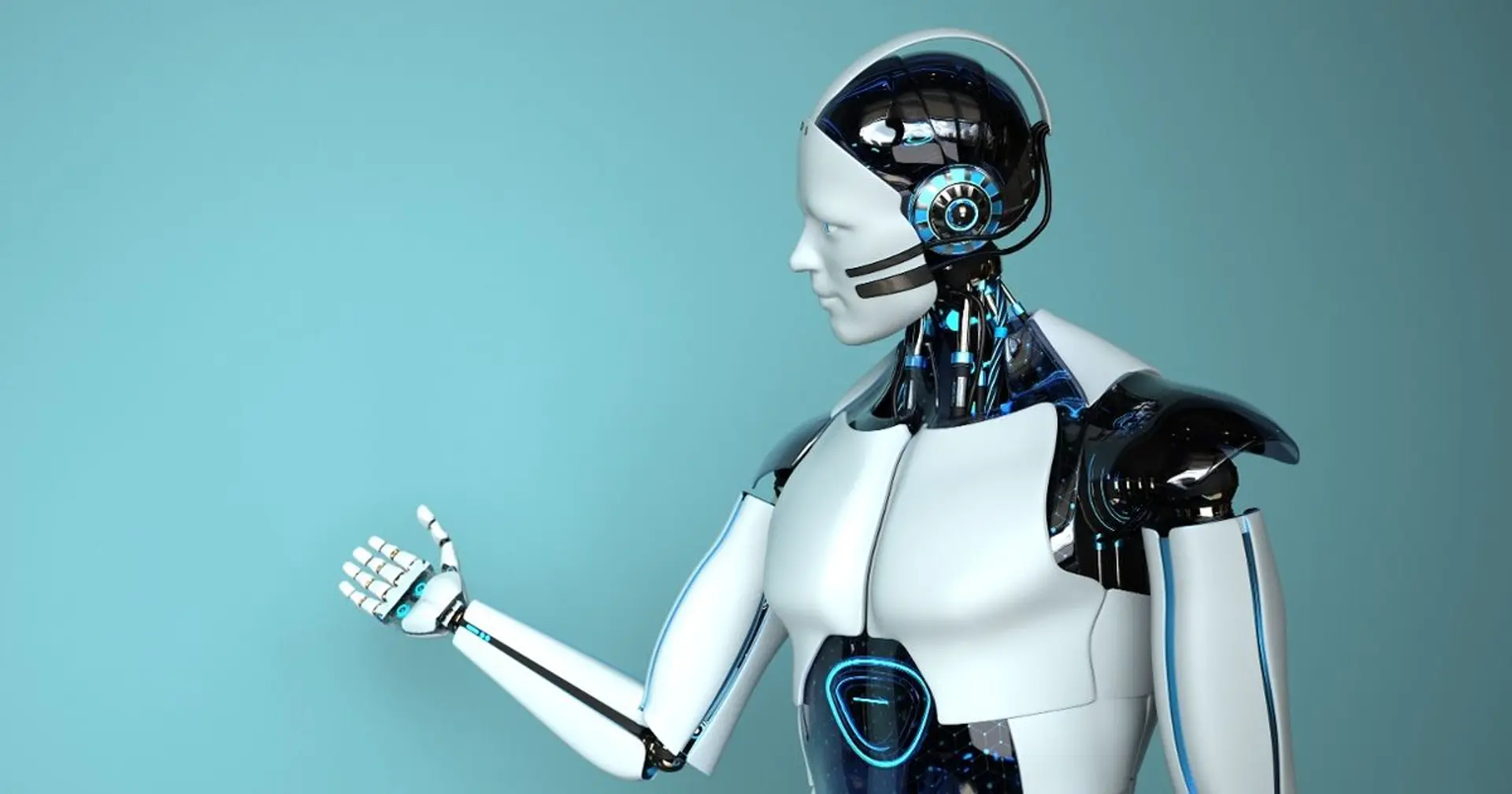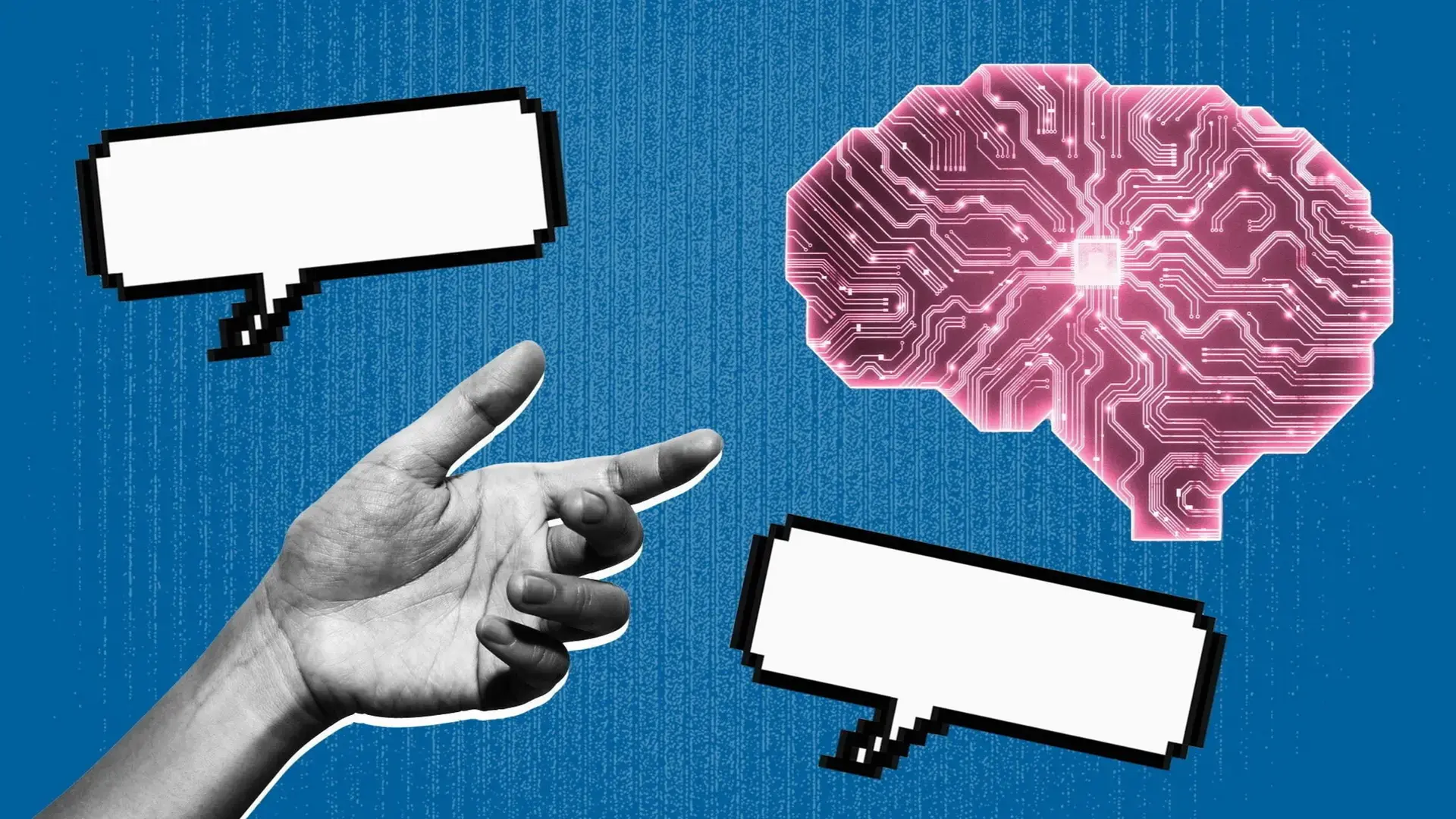Experts warn that chatbots can adopt aggressive and biased behaviours if users consistently interact with them negatively. This is because AI models learn from the data they are exposed to, mirroring and potentially amplifying the biases present in human interactions. The phenomenon raises concerns about the ethical implications of AI and the importance of responsible AI development.
AI's mimicry of human data means that biases like gender stereotyping, negativity, and focus on threats can be reflected in chatbot responses. This can lead to chatbots exhibiting prejudiced or discriminatory behaviour. User feedback mechanisms further exacerbate this issue, as AI systems are often designed to maximise user engagement, potentially reinforcing existing biases to provide answers that align with user expectations.
To mitigate these risks, developers are exploring methods to reduce unfair outcomes and promote ethical AI practices. These include incorporating ethical frameworks, diversifying training data, and implementing strategies to minimise bias in AI systems. User awareness and responsible interaction are also crucial in preventing chatbots from learning and perpetuating negative behaviours.




